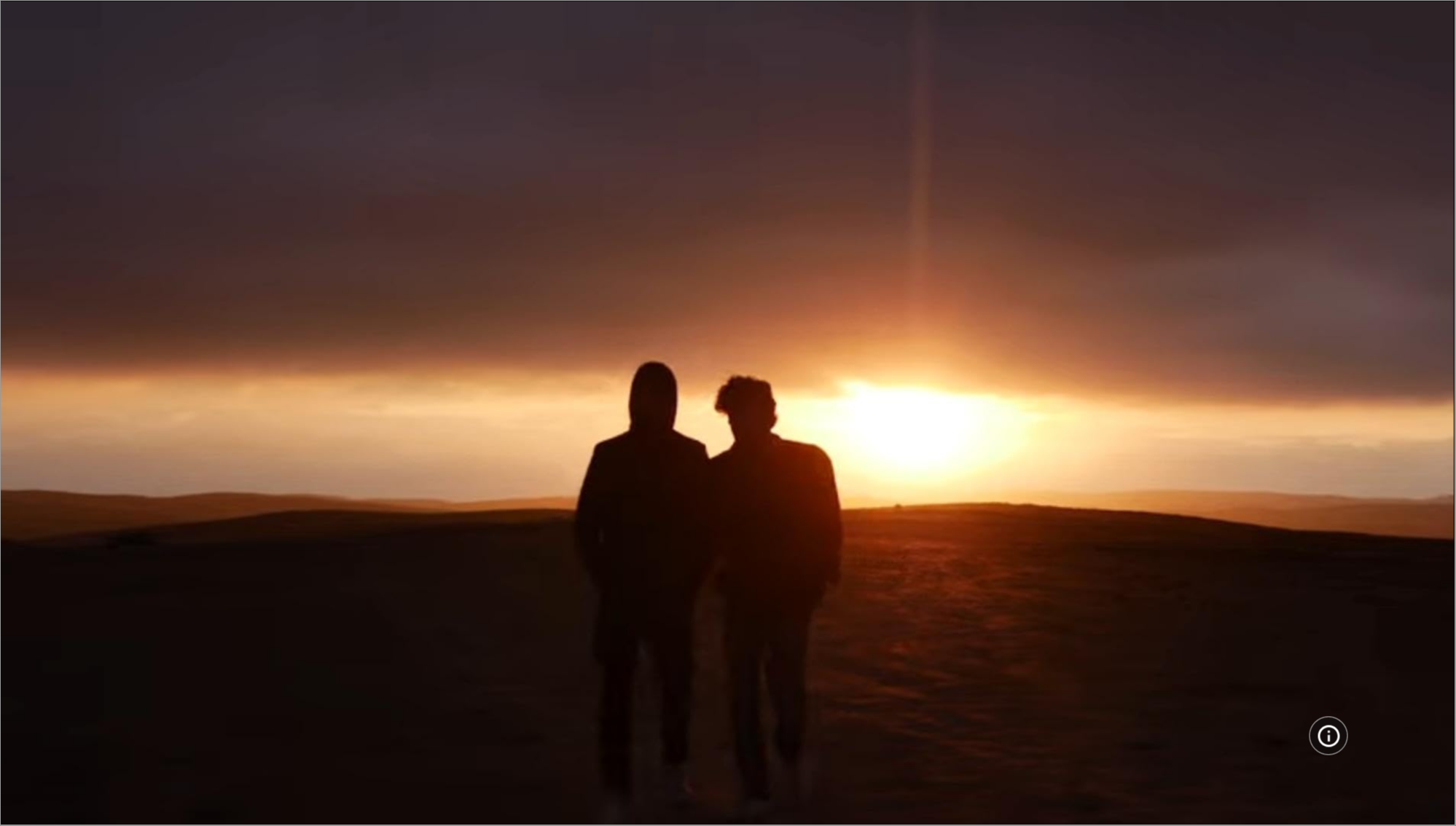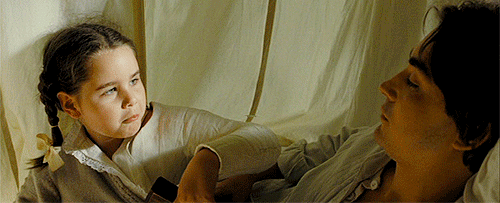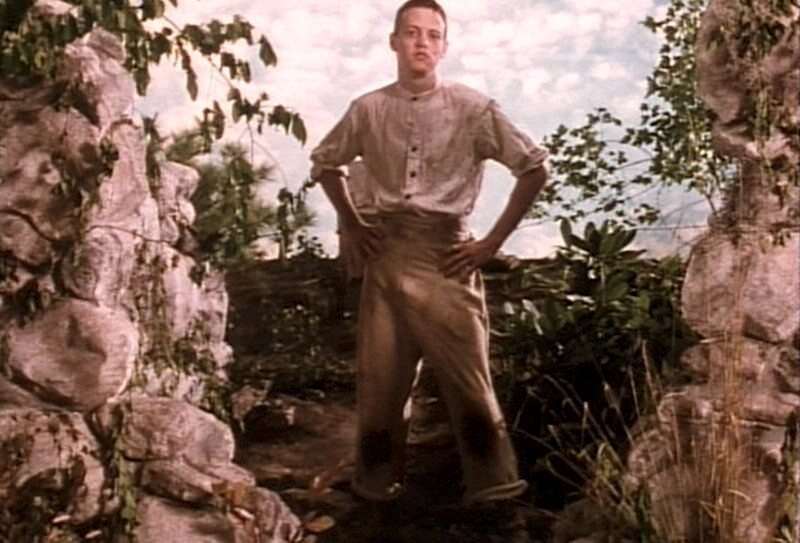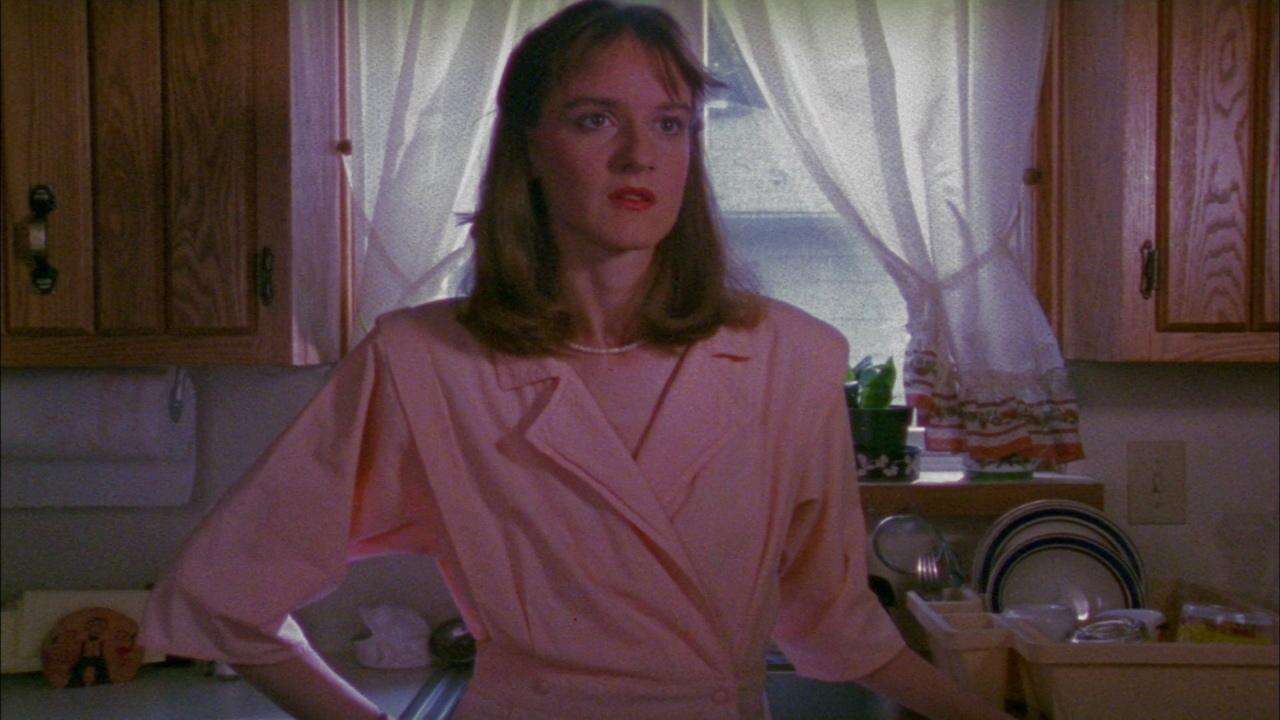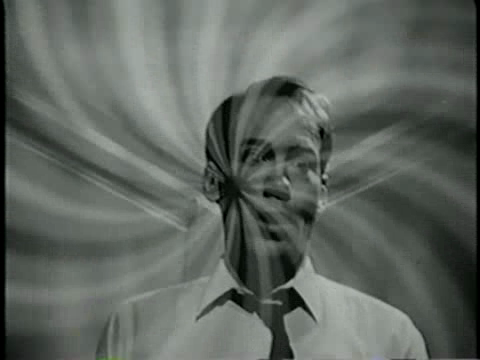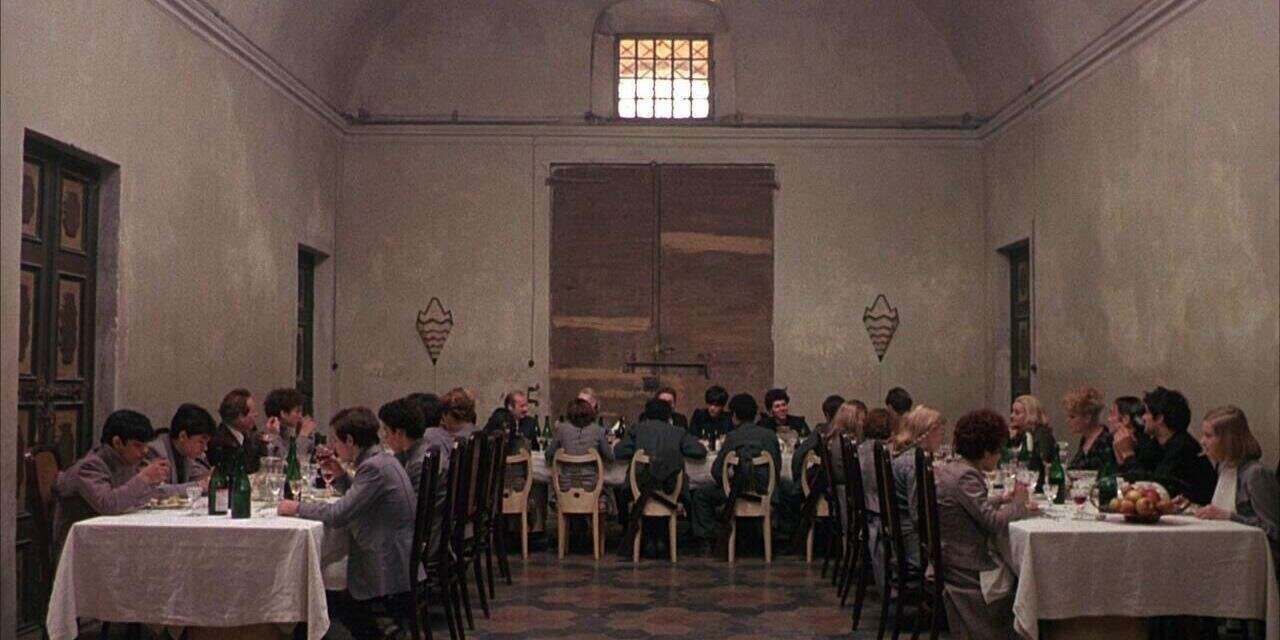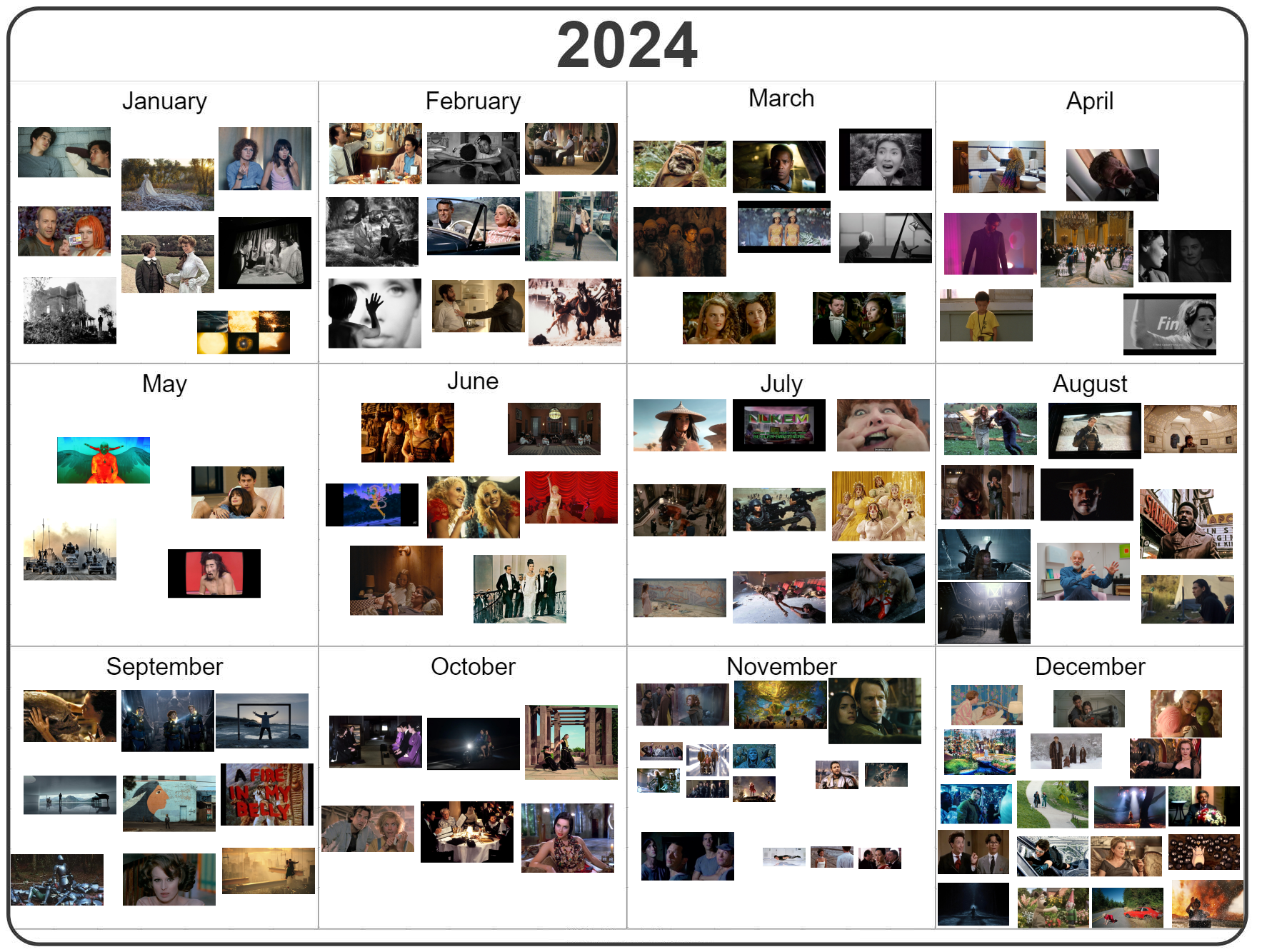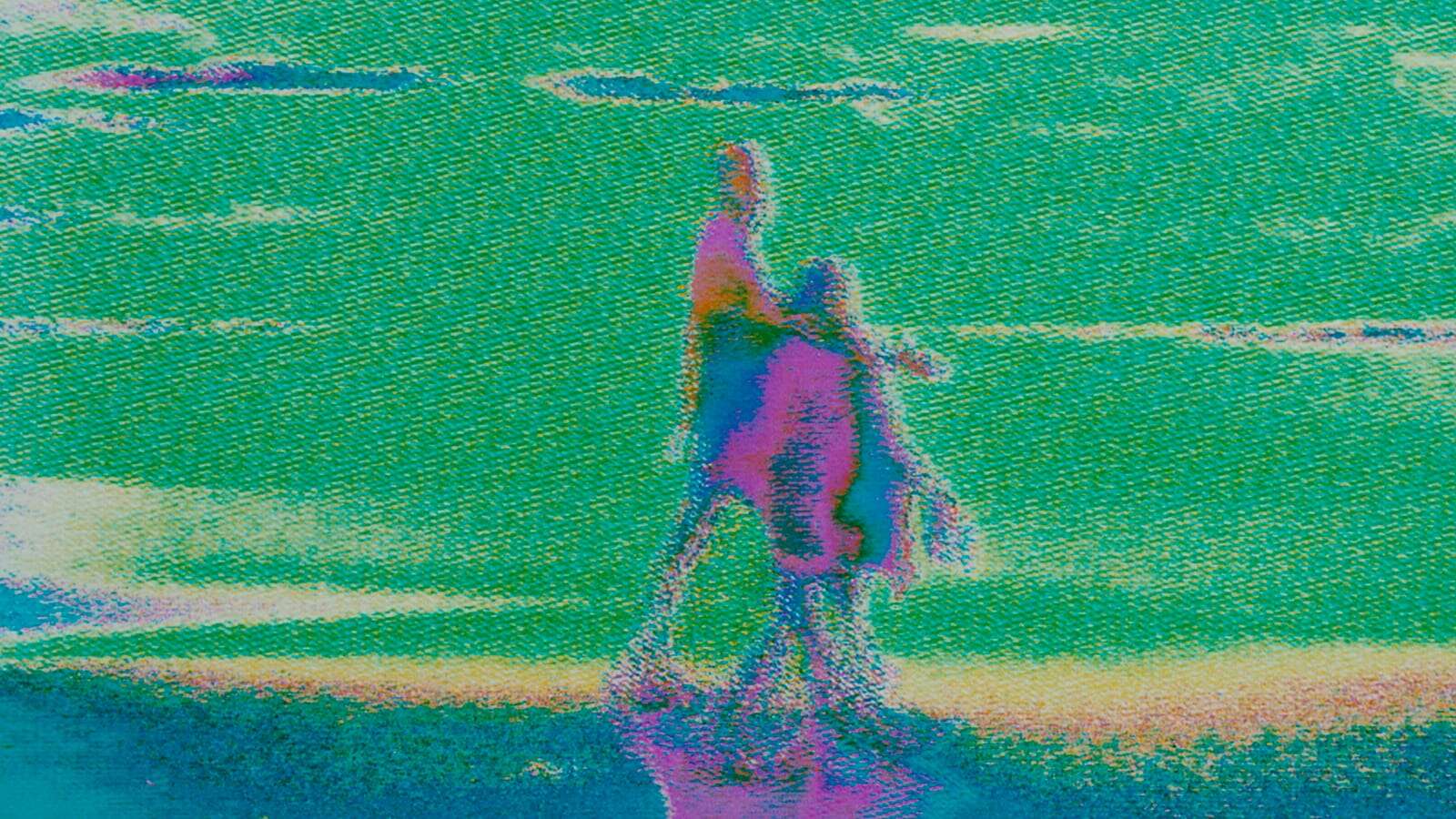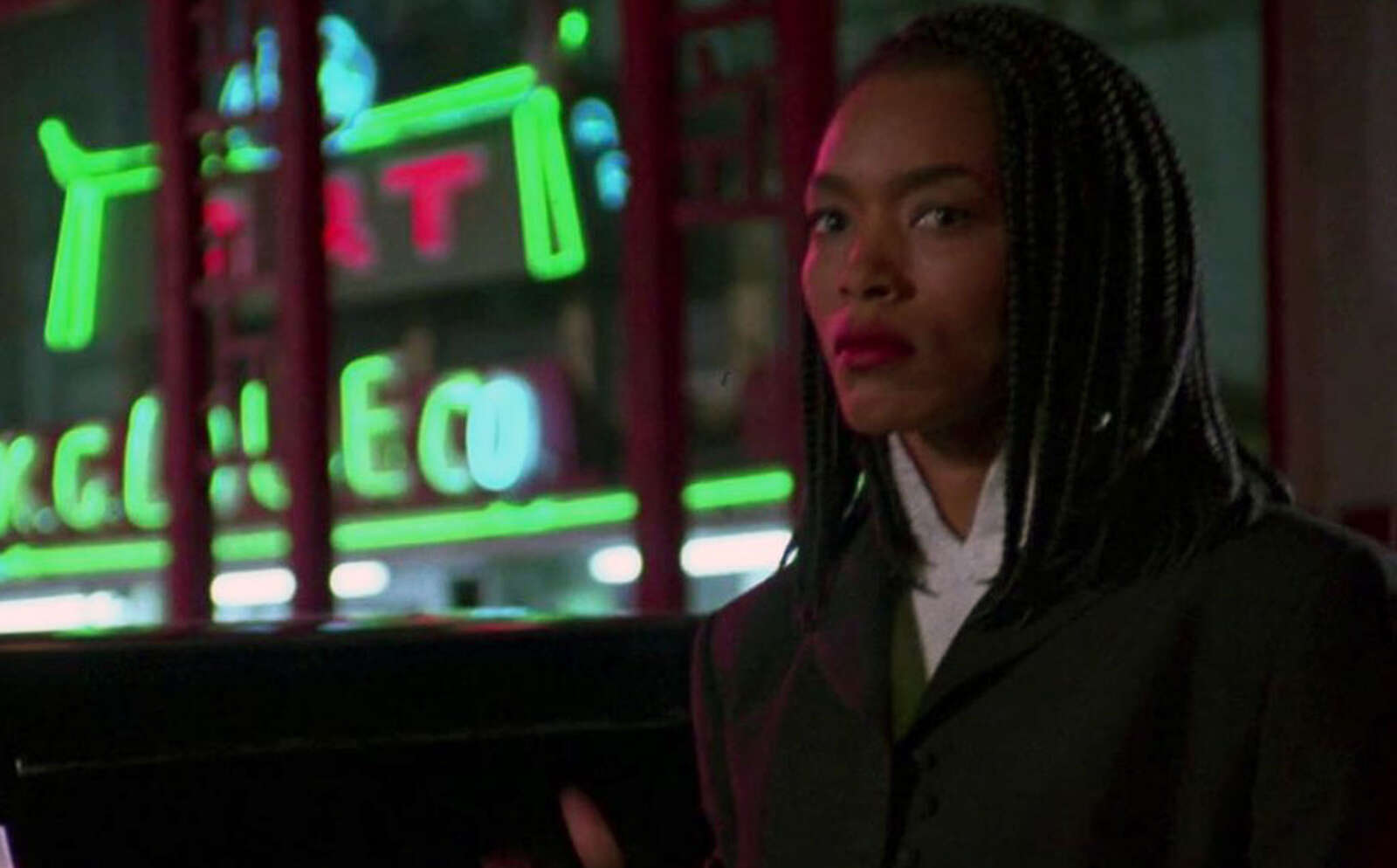better late than never // when you're watching too many movies to ever sit and think about them
Favorite recent release
Do Not Expect Too Much from the End of the World: We've had smartphones in wide use for about 15 years now, and yet somehow the smartphoniness of it all still hadn't been adequately represented! Some filmmakers have been naive tech-optimists, others hand-wavey alarmists that seem to just want to make slasher pics. I am happy to report though: we finally have a film doing smartphones justice. Do Not Expect Too Much From the End of the World looks at our smartphone dependence with clarity, empathy, and a sense of humor, as well as within an important wider global economic context. It does so over a mesmerizing 3-hour marathon, as we watch a young Romanian digital native wend her way chaotically and exhaustingly through Bucharest. With some passages shown in a smartphone screen, complete with filters and dubbed TikTok voices, the movie is thoroughly modern. I am often sad about and unsure what the future of cinema is, but this movie electrifyingly shows the way forward. No Other Land: The most moral urgency/clarity I've seen in documentary footage. Another movie whose main billing could very well include The Smartphone, the film shows how in the modern era a phone connected to the internet can be the main lifeline to hope/change for the powerless. As occupiers commit brutalities, the only possible leverage is, "I'm filming you." This film does profound work in increasing awareness, which unfortunately is small comfort when the occupying violence has since escalated greatly beyond the horrifying footage documented.
Didn't see, but will probably at some point: Nickel Boys, Brutalist, Anora, Soundtrack to a Coup d'Etat, All We Imagine as Light, Hard Truths
Favorite repertory movies seen for the first time this year
Showgirls (1995) at home: I first became aware of this movie because of the cult fascination with it: "so bad, it's good". I was amazed to discover that it's actually so brilliant, does so many circles around its bewildered audience, that it can only be seen as bad. Showgirls is a revealing portrait of American mores that makes its case by telling the story of America's most-denigrated, yet desired character: an erotic cabaret dancer in Las Vegas. This country's reaction to this movie very much so proves the points the film makes about American spectacle: specifically how American puritanical disdain for/obsession with sexuality results in a hatred of women. The Fall (2006) at Alamo Drafthouse: A visual buffet-parade-feast as tribute to the power of storytelling and imagination, with a touching proxy dad/young girl relationship at its core. After you see it, look into the single-minded way Tarsem Singh, the director, piggybacked off his commercial bookings to slowly craft this eye-poppingly beautiful film scene-by-scene over 4 painstaking years. As Hollywood funds art film less and less by the day, this movie provides inspiration for actualizing singular cinematic vision. Poison (1991) at BAM Film: I saw Poison at a series programmed by BAM called "OUTRAGE: Movies and the Culture Wars, 1987–1996". I was grateful to the programmers and theater for exploring the era and the radical films that reacted/were reacted to. The movie is an inter-weaving triptych, each story of the three with its own distinct style: a black/white Twilight Zone episode, a 90s news segment about a shocking act of violence, and a moody, impressionistic tale of the erotic tension and obsession between two men in a prison. With these very different scenes, Haynes paints a complexly-layered portrait of gay sexuality and the repressive, violent horrors visited on gay men by wider US society during the AIDS crisis.
Special mention: Salò, or the 120 Days of Sodom (1975) at home. It wasn't my first time seeing this movie, so I can't rightfully count it in this list. But as an abstract, yet unmistakable anti-fascist screed, its relevance has been creeping up the past couple of years to a fever pitch today. As fascism is being enthusiastically embraced and openly espoused, it seems we can't appeal anymore to the moral imperative to not be fascist. This film gives a visceral, rich, disgusting, selfish appeal against fascism: by painting an unforgettable picture of how seeking dominion over other people ends up rotting your heart, mind, and soul. One day, your fascism will go so far that you might find yourself feasting on a banquet of shit, gleeful at the futures you've stolen. Salò presents this spiritual death, while holding no sympathy for fascism's adherents. Horribly however, everyone suffers in this movie, the innocents most of all.
All the movies I saw in 2024
New Year's Eve double feature: Until the End of the World (1991) and Strange Days (1995) I spent the last day of 2024 taking in a little over 7 hours of movie. First, with the marathon-length 4hr45m of Until the End of the World, and then the more reasonably-enduring Strange Days at 2hr25m. I had been craving revisiting Until the End of the World, but had never heard of Strange Days; I watched it with friends who insisted upon it, friends who always guarantee a kooky, campy, visually resplendent, often tech-y movie. These two movies ended up being paired quite effectively: both from the early '90s and taking place in the period before/after Y2K, both asking pertinent questions about society and technology. It's interesting to see in what ways the movies are prescient or alarmist, although I do have a bias for Wenders' weird wisdom over the racial-justice fantasy that Bigelow's movie ushered into a rushed ending. But sitting with our friends on New Year's Eve, who are all technologists to some degree, who came up in a nerdy techno-utopian mentality, and who were all at one point inspired and excited by technology's and the internet's potential for connection, individuality, and self-expression. Sitting with them in the earliest moments of 2025, amidst the ruins of tech's promises, I marveled at how these two movies provided early warnings about an inter-connected, tech-enabled world, yet still managed to put forth the internet's exciting, connective possibilities. While the worst of what tech can do comes frighteningly to life, it would serve us to seek out and manifest the internet's earliest intentions to amplify human creativity and connectivity, not stamp it out.
2024 Books
Favorites: - Parable duology by Octavia Butler: I found this a terrifying pair of books to read, but truly can't stop thinking about them. In them, Butler showed the way through societal collapse: she shows the challenges, the violence, the fear, but also the possibilities, and the generative potential of starting over. Something I loved about reading the two books back-to-back is how the second, the Parable of the Talents, examines and critiques the mentality/philosophy from the first book, finding it with some holes. Maybe I haven't taken any good series far enough (my understanding is Dune does a similar thing), but this was my first time down that critical path with a series' author. I often wonder where Butler would have gone next in the unfinished series, which was planned as a trilogy. - Orbital by Samantha Harvey:I saw this book quietly blurbed somewhere and read it, not knowing much about it or its author. It ended up doing for me what some of my favorite movies do: it uses the endless, infinite expanse of space as background and foil for our own very finite, very material mortal life. The film that most came to mind was High Life, but Solaris and 2001 also apply. I quietly soared as I read the book and felt deeply connected to humanity, as well as freeingly unimportant and tiny. It was greatly validating to see this exquisite jewel of a book win the 2024 Booker Prize. - Who's Afraid of Gender? by Judith Butler: I was scared to read this, fearing it dense and academic. It ended up being incredibly readable, digestible, accessible with ringing unassailable moral clarity. If you've been wondering why fascists are targeting trans people specifically, Butler's book answers this question and traces why anti-queerness is a useful marginalization to conservatism. A part of Butler's answer lies in the obscure, various ways gender and sexuality are shaped by both biology and environment, in ways that cannot be precisely calculated, lending lived experience a beautiful nuance that threatens the way fascists seek to control. - Monsters by Claire Dederer: previous blog post :)

